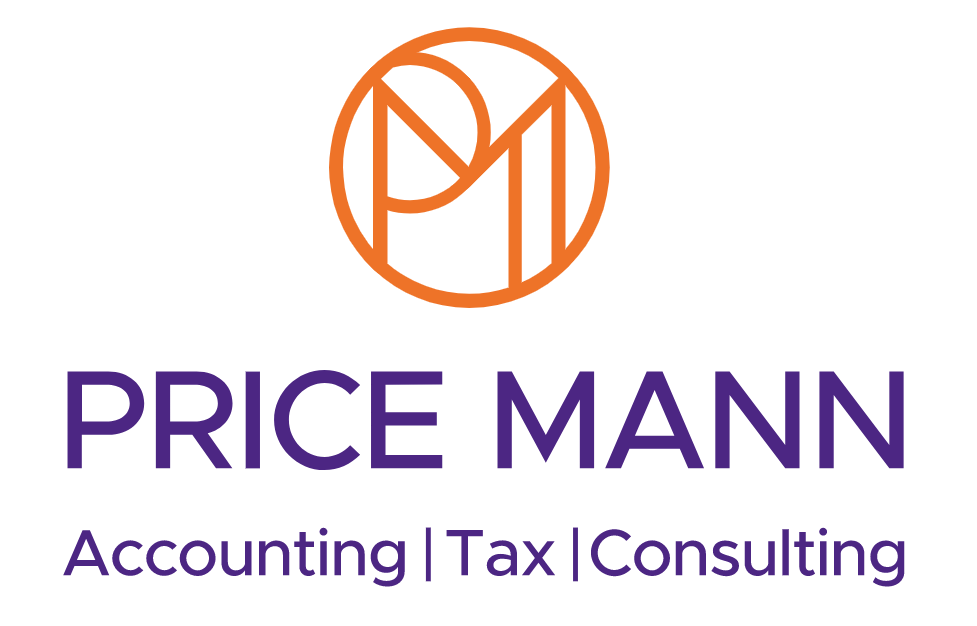Business Update: November 2024
Business Update: November 2024
Private school VAT could affect 55% of parents
The rising costs of private education, compounded by the introduction of VAT on school fees in January, are expected to impact more than half of children in private schools.
According to a survey of 2,000 high-net-worth individuals (HNWIs), 993 parents with children in private education expressed concerns about the financial burden.
Over half (55%) of these parents fear their children's education could suffer solely due to the addition of VAT. One in eight plan to transfer their children to state schools, with many already struggling to afford the fees before the tax change.
Only 15% of parents confirmed they have no plans to withdraw their children from private schools, while 6% admitted that their biggest worry is affording the fees—up from 0% in a previous report by Saltus.
In addition, one in five parents are considering moving their children to a less expensive private school within the next year. Some even contemplate relocating abroad, citing Labour’s stance on private education fees. 17% said they would cut spending in other areas to keep their children in private schools.
Despite these concerns, overall confidence in the economy among HNWIs has risen from 78% to 84%, the highest level in six years.
Talk to us about your finances.
UK house prices near record high
Mortgage rates boost confidence, but affordability remains an issue, with the average price reaching £293,399, just £108 short of the June 2022 peak.
Halifax says house prices approached a record high in September, driven by falling mortgage rates.
Halifax noted that prices have risen for three consecutive months as market conditions improve. House prices have grown by 4.7% compared to last year, marking the fastest increase since November 2022. Northern Ireland leads the UK in annual house price growth across regions.
Despite these gains, affordability remains a significant challenge, particularly for first-time buyers. Halifax reports that the average first-time buyer is purchasing a property priced at £232,769, the highest figure since May. However, this remains around £1,000 lower than the amount typically paid two years ago.
Halifax's data is based solely on mortgage lending, excluding cash purchases and buy-to-let transactions. Since cash buyers make up about a third of the market, these figures do not reflect their activity.
While falling mortgage rates have helped boost confidence, high borrowing costs keep home ownership out of reach for many, especially those entering the market for the first time.
Talk to us about your property.
IFRS 15 meets expectations despite challenges
The International Accounting Standards Board (IASB) has completed its post-implementation review of IFRS 15, the revenue recognition standard, concluding that it works as intended and provides valuable information for investors.
Issued in 2014, IFRS 15 was the first standard jointly developed with the US Financial Accounting Standards Board (FASB) to ensure consistent revenue recognition across global markets.
Despite the positive outcome, the review highlighted some application challenges. Companies and accounting firms reported that implementing IFRS 15 required significant effort, though they have since developed appropriate accounting policies and procedures.
Stakeholders emphasised that while the five-step revenue recognition model offers a solid framework, applying the standard to complex transactions remains demanding. Many have requested additional guidance, including illustrative examples and educational materials, to ease its application.
While the overall feedback was favourable, the IASB has identified several areas needing further attention. These include determining whether a company acts as a principal or agent in transactions, handling customer payments, and assessing control over intangible assets and services. Additionally, stakeholders highlighted the need for better alignment with other standards, such as IFRS 10, IFRS 11, IFRS 12, and IFRS 16.
The IASB plans to address these issues in its next agenda consultation, scheduled for late 2025, to ensure the standard meets investor needs without causing further disruption.
Talk to us about your business.
Treasury rethinks non-dom tax status changes
There is concern that scrapping non-dom status could lead to wealthy individuals leaving the UK, undermining the expected revenue gains.
The Treasury is reassessing parts of Labour’s manifesto plan regarding the abolition of the non-domicile (non-dom) tax status, amid concerns over how much revenue it would actually raise.
A non-dom is a UK resident whose permanent home (domicile) for tax purposes is outside the UK. While no formal policy has been submitted to the Office for Budget Responsibility (OBR), Treasury officials are concerned that scrapping concessions introduced by the previous Government may not generate the £1 billion anticipated.
This £1bn, earmarked for hospital and dental appointments and school breakfast clubs, could be lost if wealthy individuals change their behaviour. The OBR’s March forecast suggested that behavioural changes would likely reduce the projected revenue.
Treasury officials acknowledge the high degree of uncertainty, as small shifts in assumptions about emigration could significantly reduce any potential financial benefits. Therefore, the Government is considering phasing in changes or watering down aspects of the plan, such as applying inheritance tax to trusts or giving discounts on foreign income.
While non-dom status is still set to be decided, the Treasury insists any further changes must demonstrate that they will raise funds. For now, wealthy individuals may still have the opportunity to legally benefit by claiming domicile in lower-tax countries.
Talk to us about your finances.













